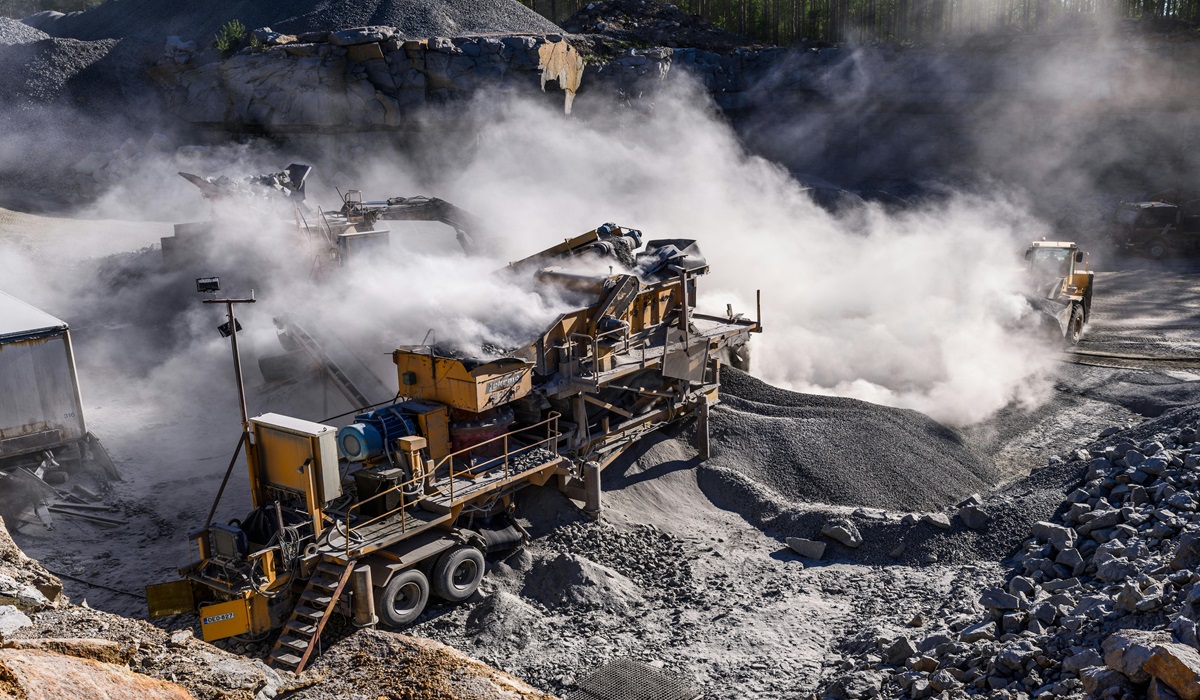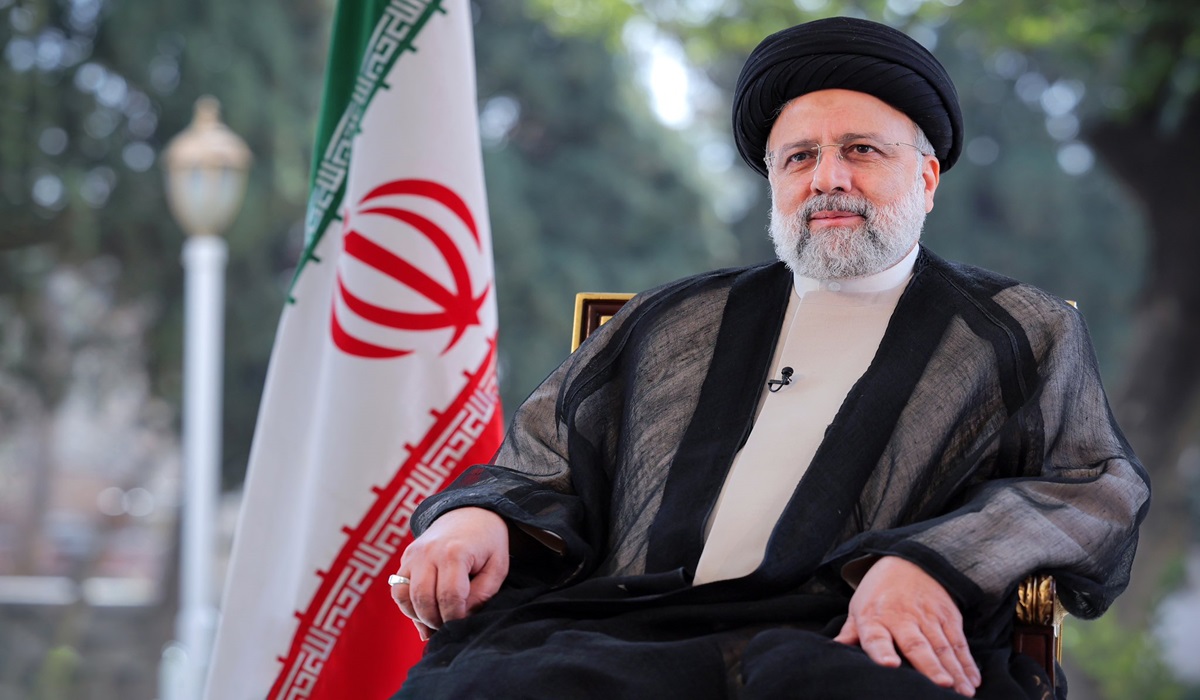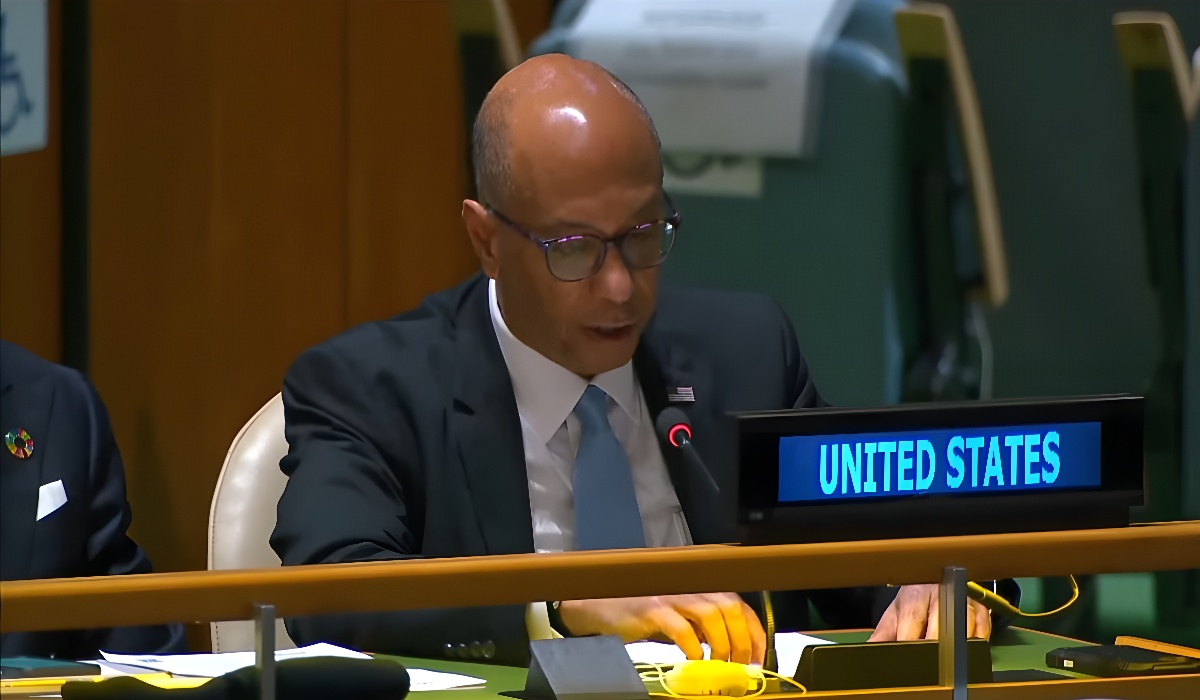France’s Economic Imbalance in Niger: Uranium, Colonialism, and African Liberation
- TDS News
- Africa
- Breaking News
- November 4, 2023

In the heart of West Africa, Niger stands as a nation grappling with the long-standing economic imbalances perpetuated by France. For decades, France has been extracting uranium from Niger at a meager price, exploiting the country’s natural resources while denying it a fair share of the economic benefits.
At the core of this economic imbalance lies the uranium extracted from Niger, a vital component in France’s nuclear energy production. Reports indicate that for years, France paid a mere 80 cents per kilo for the nation’s uranium, a fraction of its actual market value. However, after the ousting of the French-backed government, Niger began receiving 200 Euros per kilo for this resource on the open market. This vast difference in payment illustrates the exploitation Niger has endured, as France essentially obtained this resource for free.
France’s reliance on Niger’s uranium is undeniable. It plays a substantial role in the country’s electricity generation, with nuclear power accounting for a significant portion of its energy production. The strategic importance of Niger’s uranium reserves explains why France was determined to maintain control over this resource, even if it meant underpaying the Nigerien people and deploying its military. The economic interests of France took precedence over the welfare of a nation grappling with economic disparities.
Niger’s struggle is not an isolated incident. In 2023, African countries are experiencing their version of the Arab Spring, marked by the ousting of governments that remained under the influence of their former colonial masters. Despite gaining independence, these nations still had their governments dictated by France, often with leaders that served French interests. The African people have now risen to challenge this dominance and assert their right to self-determination.
Another alarming aspect of this economic imbalance is the majority of African nations’ deposits being held in the French Treasury. These deposits are subjected to strict restrictions on how much money these nations can withdraw. Essentially, this places their government funds under French control, demonstrating another way France continues to exert influence to the detriment of its former colonies. If African nations were to withdraw their currencies from the French Reserve, it would significantly impact the French economy and reveal the extent of this exploitation.
Africa, as a continent, is blessed with an abundance of natural resources, yet individual countries face some of the most severe poverty and economic disparities. The majority of mining industries and companies are owned by Western corporations, creating a stark economic imbalance. This starkly contrasts with other parts of the world where nations have more control over their resources, and the economic benefits directly benefit their people. The imbalance of power in the mining industry is a stark example of exploitation at its highest level.
The economic imbalance that France has inflicted on Niger is a microcosm of the broader issues plaguing the relationship between former colonial powers and their former colonies in Africa. Exploiting their natural resources has resulted in massive economic losses for African nations. The control exerted by France, through the low prices paid for uranium and the grip on currency reserves, has kept these countries in a cycle of dependence.
As African nations take steps towards economic and political liberation, they are challenging the status quo and demanding a fair share of the benefits from their resources. The world is beginning to see the exploitation perpetuated by France, and the movement for African self-determination is growing stronger.








